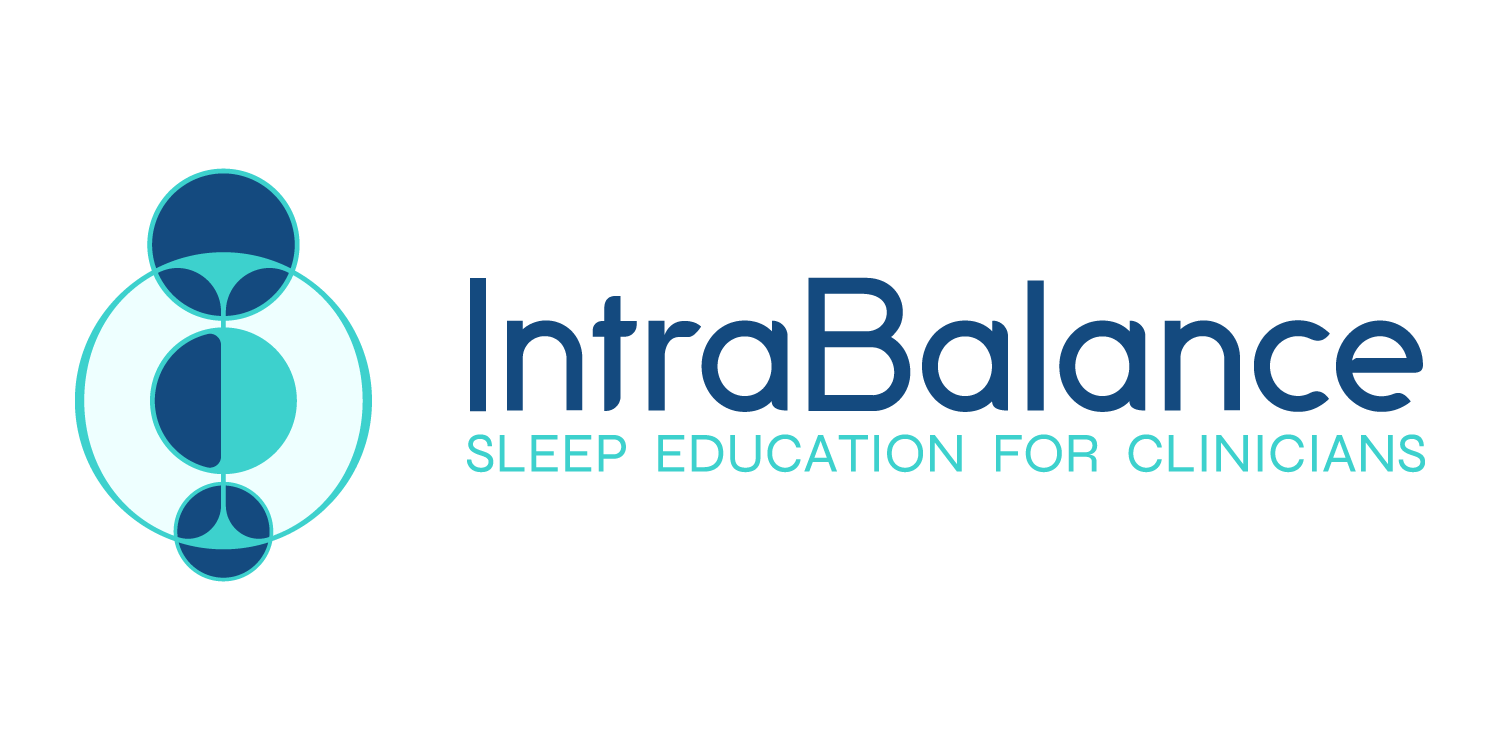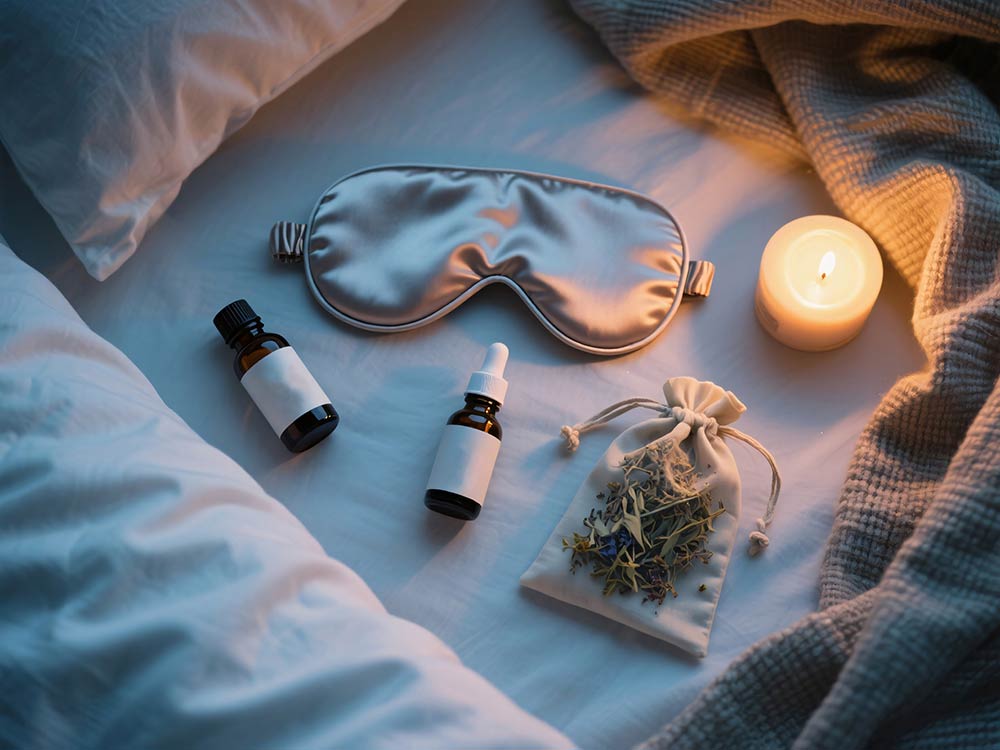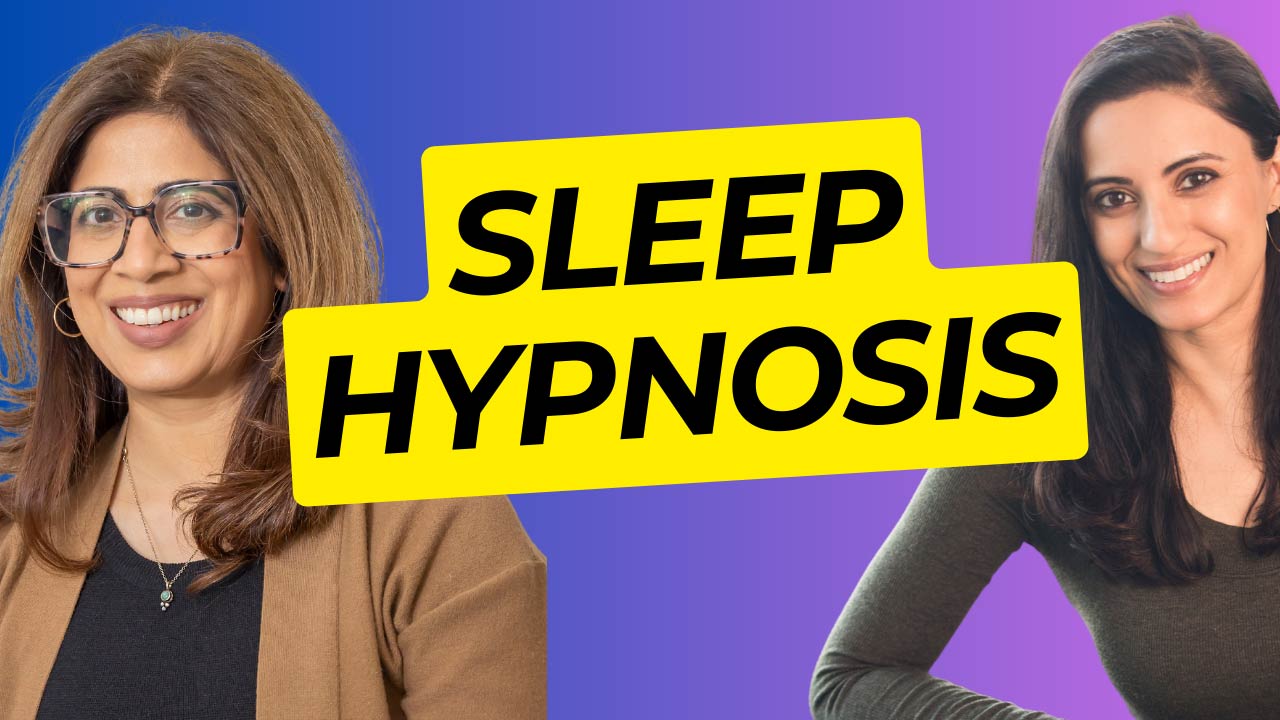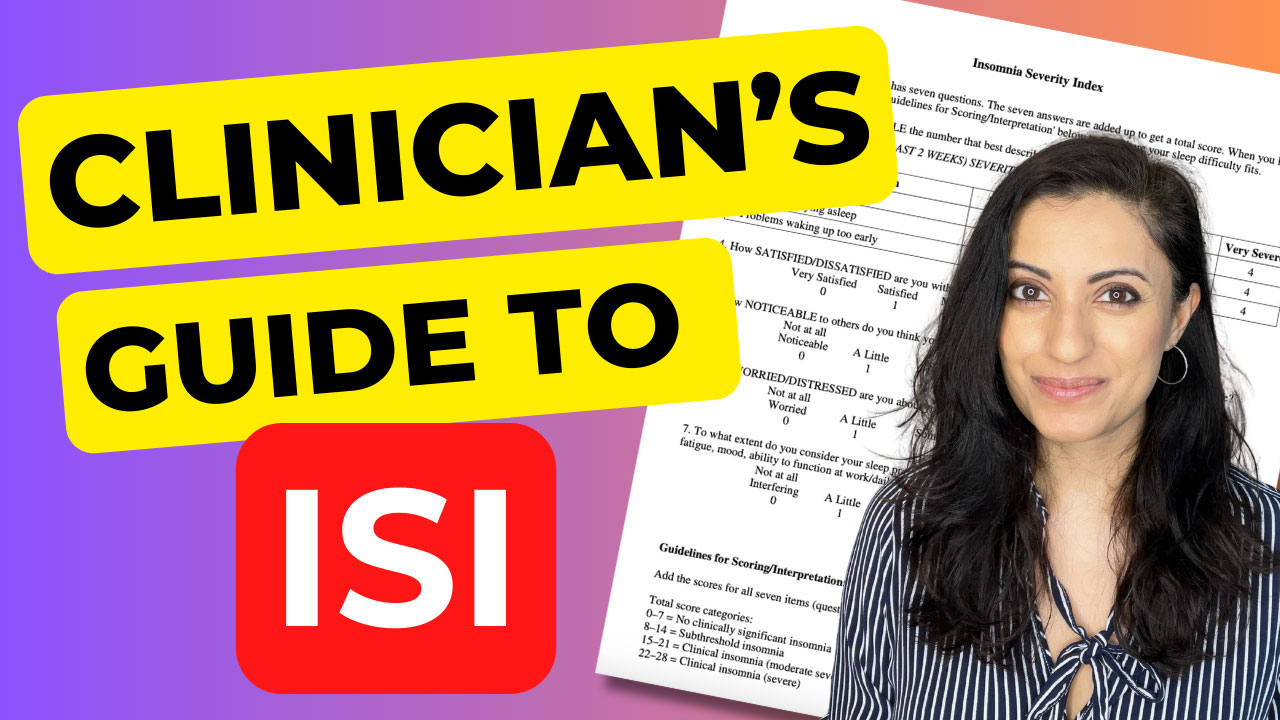If you spend enough time on Instagram or in supplement aisles, you’ve noticed that magnesium is touted as a cure-all.
It’s said to alleviate cramps, fix constipation, cure sleep issues, do your taxes, help you look good in bangs…it’s a miracle!
But when we strip away the hype and look at the data on magnesium for insomnia and sleep disturbances, it’s not as magical as it’s made out to be.
The Evidence at a Glance
Observational studies have shown that higher dietary magnesium intake is linked to better reported sleep quality and longer duration [1,2,6].
But remember that correlation does not equal causation…and the link might be explained by healthier overall diets and lifestyles.
When it comes to sleep, there are some randomized controlled trials (RCTs). Small, mostly short-term studies in older adults and specific populations (e.g., diabetes) show:
‣ Sleep onset latency improved by ~17 minutes on average [3,4]
‣ Modest reductions in insomnia severity [3]
As for combination supplements (magnesium + melatonin ± zinc) often show better results, but the benefit can’t be attributed to magnesium alone [5].
The bottom line is that the evidence for magnesium on sleep is limited and results are inconsistent.
However, that doesn’t mean I don’t recommend magnesium supplements. In fact, I take them myself and recommend them to most of my patients, because of the fact that most adults aren’t getting sufficient Mg from diet alone.
How does it work?
Magnesium may support sleep through multiple pathways.
It modulates neurotransmitter activity by blocking excitatory NMDA-type glutamate receptors and activating inhibitory GABA receptors, reducing neuronal excitability and promoting relaxation for sleep onset and maintenance [1,2].
Magnesium also plays a role in melatonin synthesis and possibly supports deeper, more restorative stages of sleep [1].
Safety and Dosing Pearls
‣ Examples of food sources: pumpkin seeds, chia seeds, almonds, leafy greens, dark chocolate, soy, dried beans
‣ From supplements: Generally safe, but high doses can cause diarrhea and GI upset.
Avoid excess in advanced CKD; check for drug–nutrient interactions in high-risk patients.
‣ Typical doses in trials: 320–500 mg elemental magnesium daily, often split; forms include glycinate (better tolerated), citrate (laxative effects, good for constipation), threonate (crosses blood-brain barrier) and oxide (less bioavailable).
What to tell Patients
Magnesium is safe for most people and may offer a small, gradual benefit for sleep, but it’s not a sedative and shouldn’t replace proven treatments. Think of it as a gentle support in the background rather than a quick fix.
Want to learn more about sleep supplements? I’m hosting another series of masterclasses later this month – stay tuned for the details! I’ll send an email about that in the next few days.
References:
1. Zhang, Y., et al. “Association of Magnesium Intake With Sleep Duration and Sleep Quality: Findings From the CARDIA Study.” Sleep, vol. 45, no. 4, 2022, zsab276. Oxford University Press, doi:10.1093/sleep/zsab276.
2. Arab, A., et al. “The Role of Magnesium in Sleep Health: A Systematic Review of Available Literature.” Biological Trace Element Research, vol. 201, no. 1, 2023, pp. 121–128. Springer, doi:10.1007/s12011-022-03162-1.
3. Ji, X., et al. “The Relationship Between Micronutrient Status and Sleep Patterns: A Systematic Review.” Public Health Nutrition, vol. 20, no. 4, 2017, pp. 687–701. Cambridge University Press, doi:10.1017/S1368980016002603.
4. Cao, Y., et al. “Magnesium Intake and Sleep Disorder Symptoms: Findings From the Jiangsu Nutrition Study of Chinese Adults at Five-Year Follow-Up.” Nutrients, vol. 10, no. 10, 2018, p. E1354. MDPI, doi:10.3390/nu10101354.
5. Dhillon, V. S., et al. “Low Magnesium in Conjunction With High Homocysteine and Less Sleep Accelerates Telomere Attrition in Healthy Elderly Australian.” International Journal of Molecular Sciences, vol. 24, no. 2, 2023, p. 982. MDPI, doi:10.3390/ijms24020982.
6. Mah, J., and T. Pitre. “Oral Magnesium Supplementation for Insomnia in Older Adults: A Systematic Review & Meta-Analysis.” BMC Complementary Medicine and Therapies, vol. 21, no. 1, 2021, p. 125. BioMed Central, doi:10.1186/s12906-021-03297-z.



